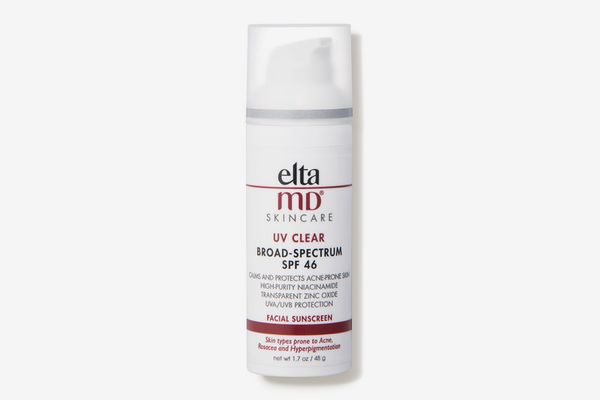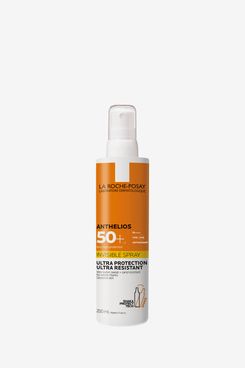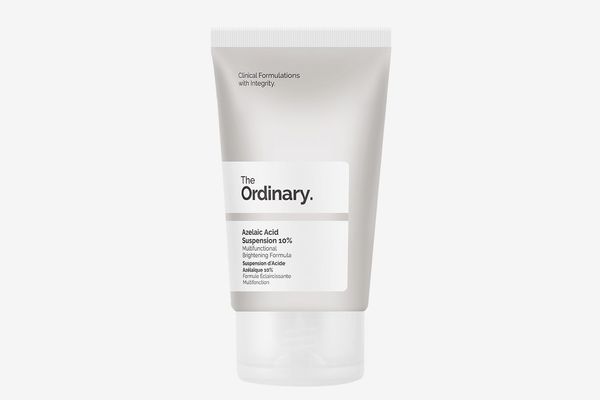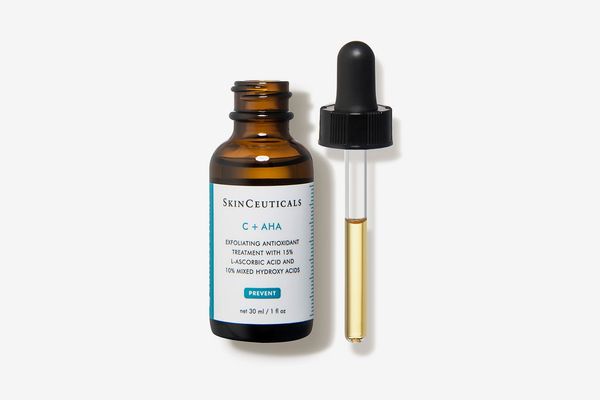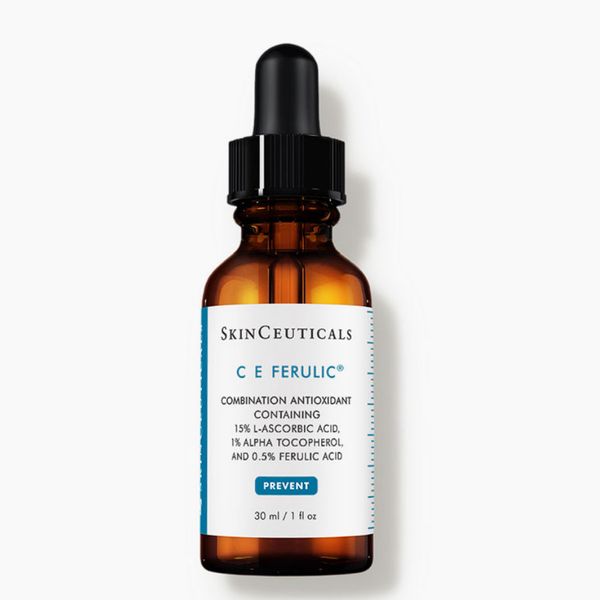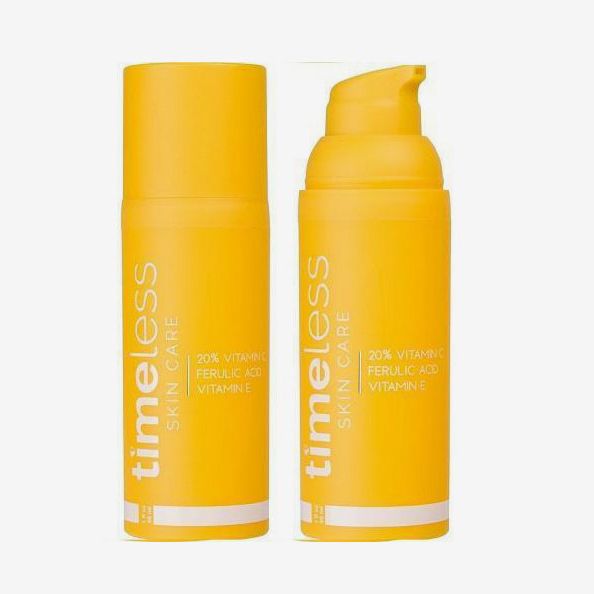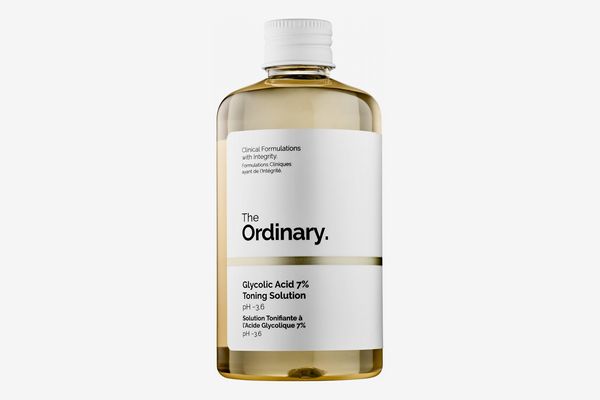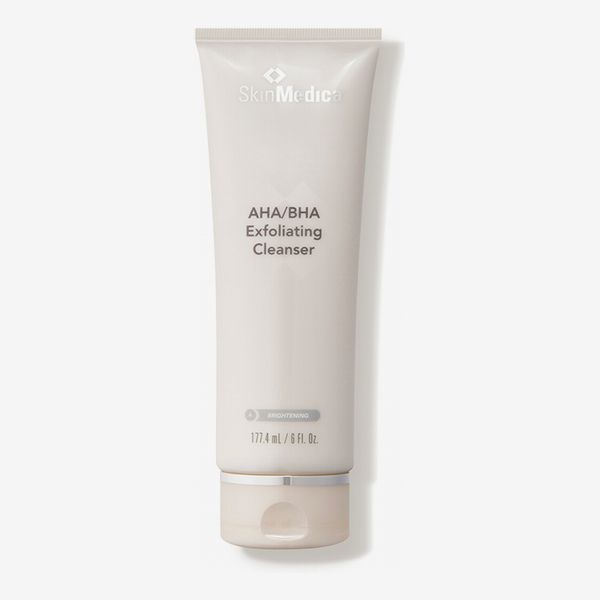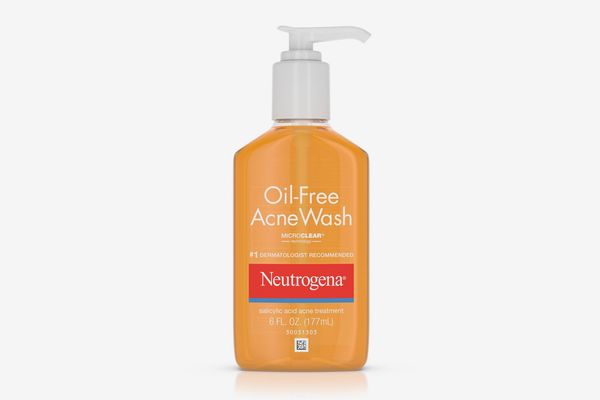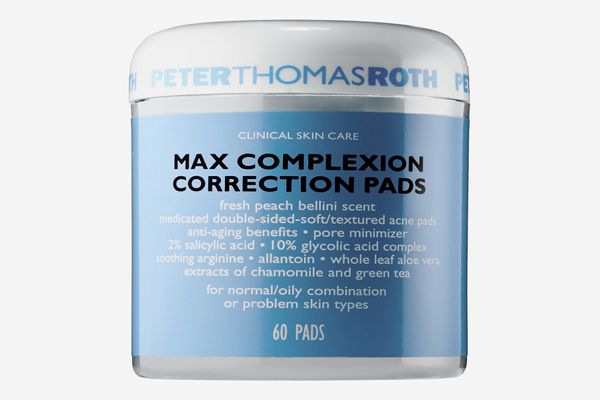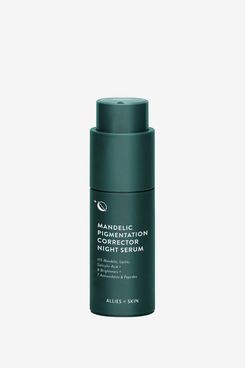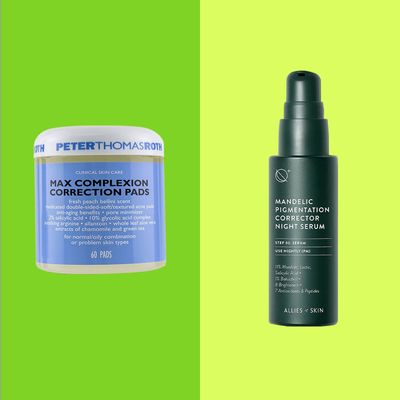
A version of this story first appeared on the Strategist US.
Even if battling spots is a distant memory filed away with PE classes and school dinenrs, acne marks and scars can annoyingly linger long after the blemishes are gone. “If someone gets a very large pimple or cyst, the natural healing process of the skin will create a scar,” says dermatologist David Avram of Heights Dermatology and Laser. “The more intense the inflammation, the more likely it will leave a scar.”
True acne scars — as in indentations in the skin like ice-pick scars — can be erased only by professional procedures like microneedling or lasers. Fortunately, what most of us refer to as “scars,” according to Julia Tzu, founder and medical director of Wall Street Dermatology, are actually marks caused by post-inflammatory hyperpigmentation (brown spots) or post-inflammatory erythema (red spots) that will fade over several months or years. Also fortunately, there are products that can speed up the process.
We spoke with Tzu, Avram, and seven more dermatologists to get their recommendations for treating, preventing, and camouflaging acne marks.
Best overall product for acne scars
Since UV rays and visible light from the sun can further darken acne marks, all of our expert dermatologists agree that it’s essential to wear sunscreen daily. “Sun protection can make a big difference in whether or not these marks remain permanent,” says Arielle Nagler, a dermatologist at NYU Langone Medical Center. She’ll often recommend that patients wait and see what their scars look like after a year of careful sun protection before opting for an expensive or invasive procedure.
A top pick among dermatologists for facial sunscreens, this EltaMD sun blocker is also recommended for fading acne marks. Dermatologist Natalie Moulton-Levy likes that it “contains lactic acid, an ingredient which causes a reduction in post-inflammatory hyperpigmentation,” while Debra Jaliman, an assistant clinical professor at Mount Sinai’s Icahn School of Medicine, says it’s rich in niacinamide, another ingredient that works to fade dark spots. Dr. Dendy Engelman of Shafer Clinic, is a fan of this product because, along with lactic acid, “it has zinc oxide to protect from [UVA/UVB] rays and antioxidants to repair damage.”
Another derm-approved sunscreen is this mineral option from La Roche-Posay, recommended by Dr. Michele Farber of Schweiger Dermatology. “It’s one of my favourites because it goes on smoothly and has broad coverage as well as antioxidants as an extra layer of UV protection,” she says. This formula also contains zinc oxide, a key ingredient in helping fade hyperpigmentation.
Best (non-sunscreen) products for acne scars
According to Farber, azelaic acids works by inhibiting the formation of an enzyme called tyrosinase, which in turn stops the mechanism that produces skin-darkening melanin. Moulton-Levy recommends this affordable and effective azelaic acid treatment from the Ordinary.
Like the Murad serum, this treatment combines vitamin C with glycolic acid (and lactic acid, another exfoliant) to fade marks but without the hydroquinone. Nagler recommends vitamin C because it’s “an adjunct in preventing free-radical damage, which helps with pigmentation,” and he says the most effective formulas — like this one — are often more expensive because vitamin C is a difficult ingredient to stabilise.
Farber also likes vitamin C, which she says prevents free radical damage while also helping to reduce pigment changes. She, like the Cut’s beauty director Kathleen Hou and styling and grooming editor Barret Wertz (and every other beauty editor we know), is a fan of C E Ferulic, which offers a high, stable concentration of a notoriously unstable ingredient (hence, the price). It also has other ingredients that make it great, like vitamin E and ferulic acid, which increases its potency. [Editor’s note: this product is low in stock at Amazon]
When we wrote about the very best vitamin C serums, this inexpensive option from Timeless took the top spot. It contains 20 percent L-ascorbic acid, which, at this price point, is practically unheard of. It’s a favourite of Rhea Cartwright, a beauty journalist and the founder of editorial platform @nahfemme, who says even strangers ask her about the serum when she wears it. Calling it the ultimate insider dupe, Cartwright says “the only mega difference between the Timeless serum and the Skinceuticals is the pH, which tends to make the Timeless oxidise a lot faster, but they’ve recently changed the packaging to an airtight pump rather than a pipette.”
On the cheaper end, Moulton-Levy says this strong glycolic-acid toner is another nice option for fading acne marks.
Best cleanser for acne scars
Although this AHA/BHA cleanser helps to brighten and even skin tone generally, Tsu says this formula can help with acne scarring, too. The alpha and beta hydroxy acids chemically exfoliate the skin, which helps to remove dead skin cells, while the liquorice helps to reduce the hyperpigmentation caused by acne scars.
Best products for preventing acne scars
When it comes to acne scars — the especially difficult-to-treat indented or raised ones — the best offence is a good defence. If you’re still struggling with active acne and want to avoid future scarring, Avram likes this drugstore staple Neutrogena cleanser because it contains salicylic acid, which “exfoliates the skin, softens the appearance of the acne itself, and has some antibacterial properties.” Chang agrees that the cleanser “can help unclog pores, treat comedones [whiteheads] and blackheads, and prevent active acne.”
If you’re looking to treat both your current spots and existing scars, these exfoliating pads, recommended by Chang, contain ingredients that help with both. “Salicylic acid increases skin-cell turnover and de-clogs pores to reduce blackheads,” she says. “Glycolic acid chemically exfoliates the skin to even skin tone and decrease blemishing.” Often seen in acne treatments, salicylic acid is a beta hydroxy acid that prevents and treats acne, which ultimately means fewer marks and scars.
And another Strategist-approved product for hyperpigmentation
Two of our experts named this overnight treatment as their top pick, when we consulted them on the best products for hyperpigmentation. “It has a blend of AHAs, BHAs, antioxidants, and peptides, so not only does it help tackle pigmentation through exfoliation, but it will also help with your skin texture and blemishes too,” said beauty influencer Evie, who goes by @sknperfect. Harley Street aesthetician Benisha Williams agreed, saying that even though it’s potent, it’s still suitable for sensitive skin, as “it doesn’t cause as much irritation and dryness as many other acid-type products on the market.” The key ingredient is the alpha-hydroxy acid known as mandelic acid, which Williams explained is “still suitable for those with darker skin tones and sensitive skin, as a large molecular size it’s less irritating than other AHAs.” This product offers both short- and long-term benefits, according to Evie: “It makes my skin look less congested, I seem to get less blemishes when I use it, and if I have them they heal super-quickly. This has brightened the overall look of my skin.” As Williams noted, that’s most likely due to “the addition of lactic and salicylic acid, which encourages exfoliation and helps to lift superficial blemishes.”
The Strategist UK is designed to surface the most useful, expert recommendations for things to buy across the vast e-commerce landscape. Read about who we are and what we do here. Our editors update links when possible, but note that deals can expire and all prices are subject to change.
Every editorial product is independently selected. If you buy something through our links, New York may earn an affiliate commission.
